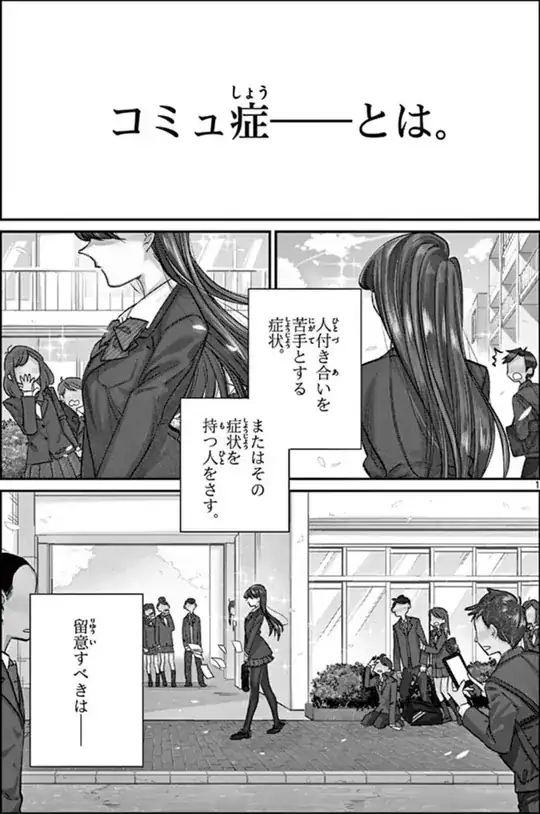This is a bit embarrassing, but on no less than the very first line of Komi-san, in Japanese, I'm presented with the following:
Now I've searched for a solid hour and found no definition for NounをAdjectiveとするNoun that makes sense in this context. Specifically:
人付き合いを苦手とする症状
DeepL gives something along the lines of "The symptoms of bad social disposition".
The English translation gives something like "it's a condition where a person has trouble communicating with other people"
I'm now unsure if the first big line is crucial here. I'm just kind of stumped as to how this grammar works.
